The topic of ‘green energy’ and the development of renewable energy sources (RES) is one of the most fashionable in recent years. It seems that everything is logical and justified both ecologically (oil and gas production, with all levels of precaution still cause considerable harm to the environment) and economically (extraction and export-import of traditional fuel cost countries a significant amount of money). However, the victory of Joe Biden in the US presidential election, actively and even aggressively lobbying for the ‘green’ economy, began to give the issue a political color.
Grandiose plans of the US and Europe
In one of his first decrees, new President Joe Biden initiated the US’s return to the Paris Climate Agreement. As is known, the plans of the new US president include the construction of new nuclear power plants and the development of the electric transport market. Moreover, the new US government is going to provide subsidies to buyers of electric vehicles. Biden’s global goal is to achieve zero emissions in the electricity sector by 2035. His $2 trillion plan includes investments in carbon capture and storage technologies, electric vehicles’ production, and hydrogen energy.
However, all these plans harm the economies of oil and gas producing countries. Moreover, experts fear that they will affect the price market in the short term. Although experts also point out that stricter regulation of the shale industry may in the coming years become an additional advantage for the OPEC+ countries and Azerbaijan as well - we already know how the growth of shale oil production in the US negatively affects the world market. On the other hand, Biden took this area seriously, planning to tighten control over its production technologies.
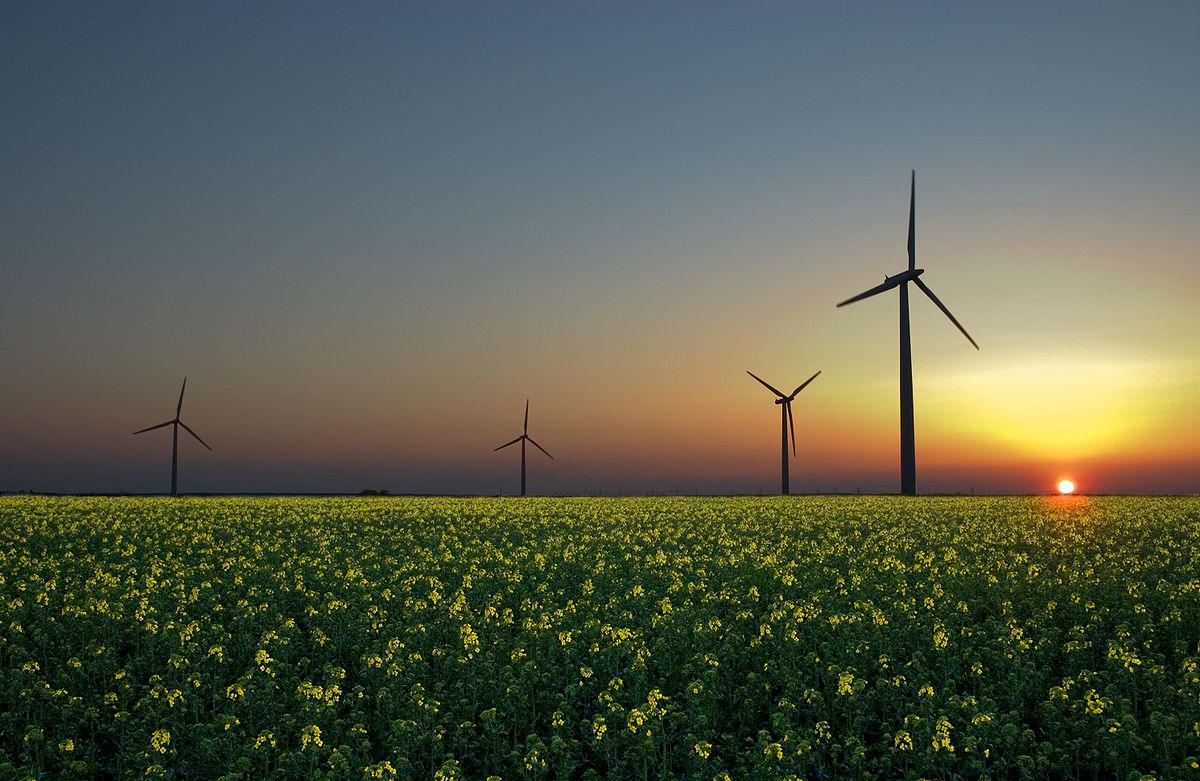
The ‘green economy’ is popularized even more widely in Europe: by the end of 2020, alternative energy in Europe for the first time overtook generation conventional energy using fossil fuels, reads a report of the British think tank Ember and the German Agora Energiewende.
Moreover, the most significant correction of the EU’s history’s economic course is designated precisely as the ‘Green Deal - 2050.’ It is a voluminous document, adopted on December 11, 2019, which lays out the EU’s path towards climate neutrality and a radical reduction in pollution levels by 2050. The roadmap assumes the transition of all parts of the economy - production, sales, and consumption - to 'green' economy.
The plans are to optimize the use of resources and reduce wastes. The experience of achieving the set goals in the EU is expected to stimulate other regions and states to follow this example for the benefit of future generations, including as part of the UN Sustainable Development Goals (SDGs) program adopted in 2010.
In other words, environmental safety has become a vital issue on the political agenda in the West. Growing concerns about environmental pollution and climate change promote the electoral support of the 'green' parties and their leaders.
No panic for oil production
As the calculations of the experts from the British analytical center Carbon Tracker show, by 2040, the energy transition, which implies the rapid development of ‘green’ energy, will deprive the oil-producing states of $13 trillion.
In this regard, the fears of countries where revenues from oil and gas exports dominate the state budget regarding the negative impact of ‘green’ policies on economic stability are understandable. However, experts urge not to dramatize the situation.
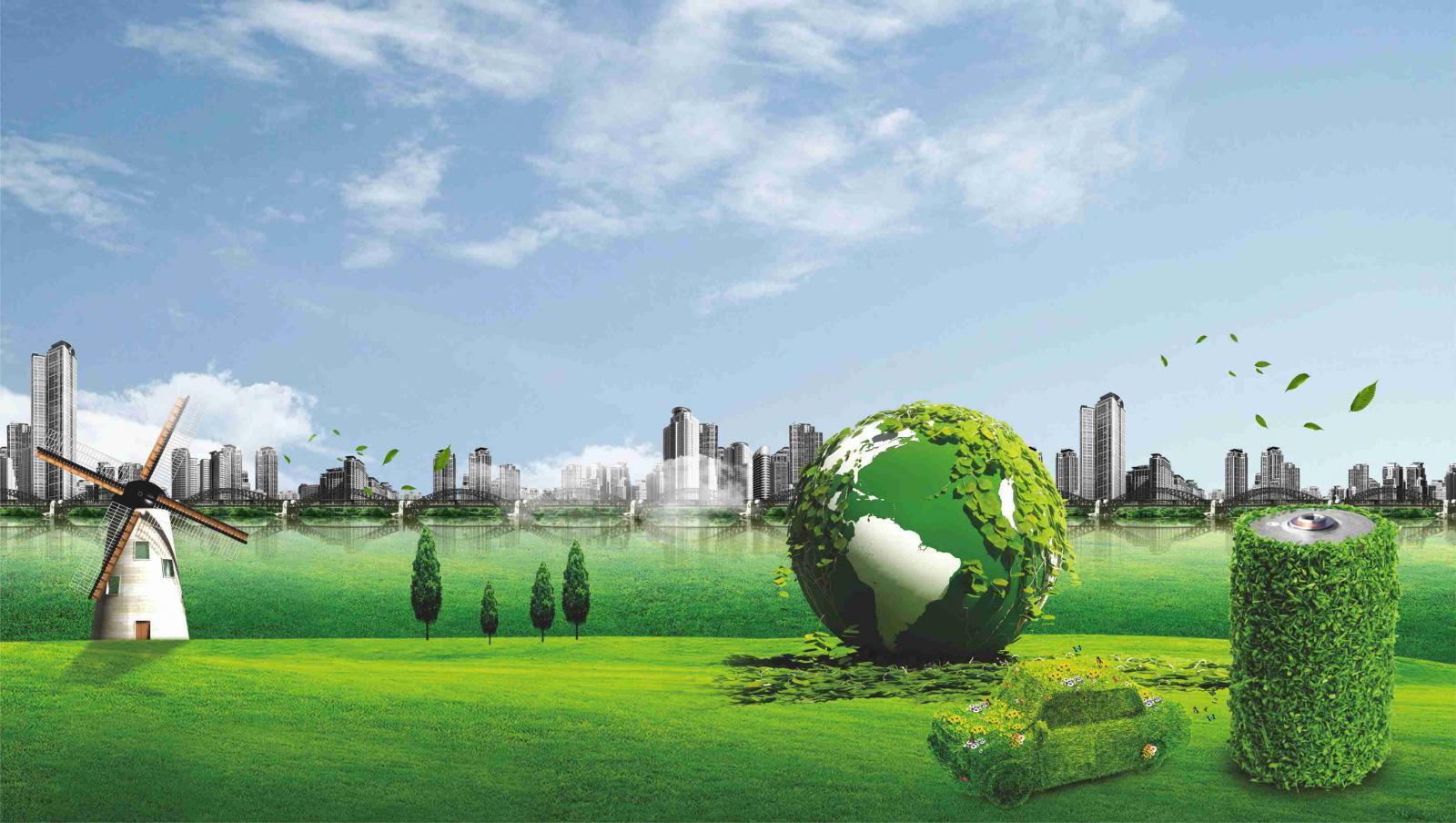
First, the fact that this will happen in the coming years is, of course, exaggerated. As the coronavirus pandemic has shown, the situation in the world and the economy can change in a matter of days. Quarantine restrictions significantly affected fuel demand, respectively, it also affected the plans of mining companies and countries, as well as the pace of transition to alternative energy.
On the other hand, for many countries, renewable energy projects require rather large investments, but now, this is problematic in the context of the global crisis. "Now 85 percent of the world energy balance is covered by hydrocarbons. In developed Europe this figure is 75 percent. At the same time, almost a billion people globally have no access to electricity at all, and 2.5 billion people cook food on an open fire. In this situation, we are being told in all seriousness that in almost 20 years, the humanity will switch to energy, which is still very expensive," said Konstantin Simonov, head of the Russian National Energy Security Fund.
Moreover, the fact is that hydrocarbon resources are being depleted, and every year it is more challenging to discover new deposits. The governments of many countries, including Azerbaijan, accept it and are gradually preparing for the transition to the post-oil era.
At the political level, Azerbaijan supports all crucial initiatives globally, expresses its readiness for bilateral cooperation, and actively attracts investors. So, quite recently, UK Minister of State for European Neighborhood and the Americas Wendy Morton was in Baku, and ‘green energy,’ solving climate change problems was one of the main issues of discussion. Almost all international financial institutions have already expressed their readiness to extend financial support for the implementation of renewable energy projects in Azerbaijan.
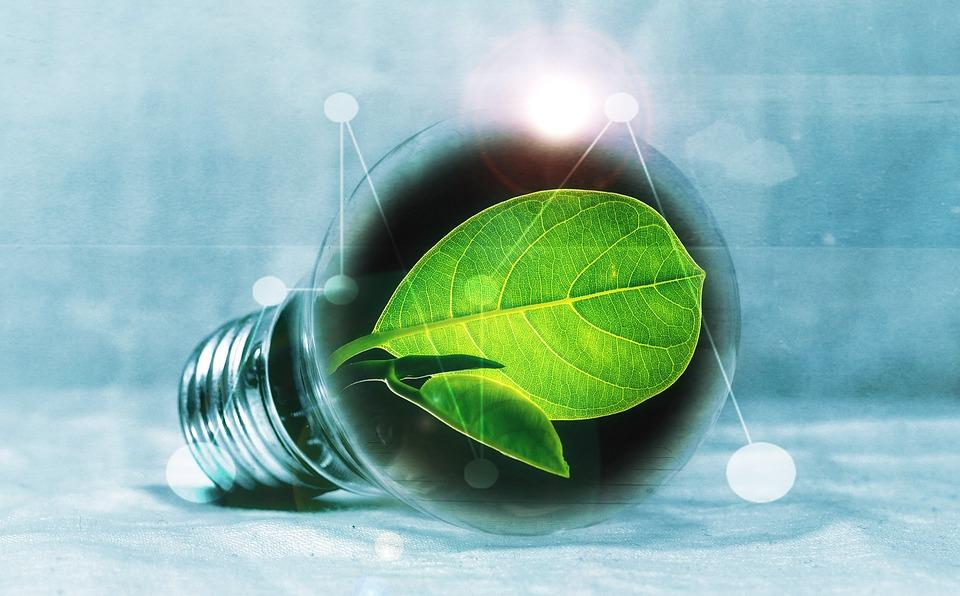
‘Green’ zone in Karabakh
Judging by new projects in the energy sector, today the Azerbaijani government is more interested in developing ‘green’ energy. The share of renewable sources in electricity production in Azerbaijan today exceeds 8 percent, but the country’s Ministry of Energy intends to bring this figure to 30 percent by 2030. The goal is quite realizable given that Azerbaijan’s geographical location creates favorable conditions for developing the renewable energy sector. The country is actively working within the commission created by Azerbaijani President's decree dated December 5, 2019, ‘On measures to implement pilot projects in the field of the use of renewable energy sources.’ Its 5th meeting has been recently held under the leadership of Energy Minister Parviz Shahbazov.
The first auction, held for the construction of solar and wind power plants in the Absheron region, revealed significant interest in this area among foreign companies. A year ago, the Azerbaijani Ministry of Energy signed contracts for the implementation of pilot projects in renewable energy sources with ACWA Power and Masdar. The project envisages construction of a 200 MW solar power plant (Masdar) and a 240 MW wind power plant (ACWA Power).
Most importantly, it is precisely the ‘green’ energy projects that Azerbaijan relies on in the lands in Karabakh liberated from the Armenian occupation. Moreover, as President of Azerbaijan Ilham Aliyev has repeatedly stated, this region will become a model for the whole world as a ‘green’ energy zone. "At the same time, the most advanced technologies, the most economically rational, energy-saving technologies and ‘green’ energy - water, wind, sun - should be applied," the head of state emphasized.
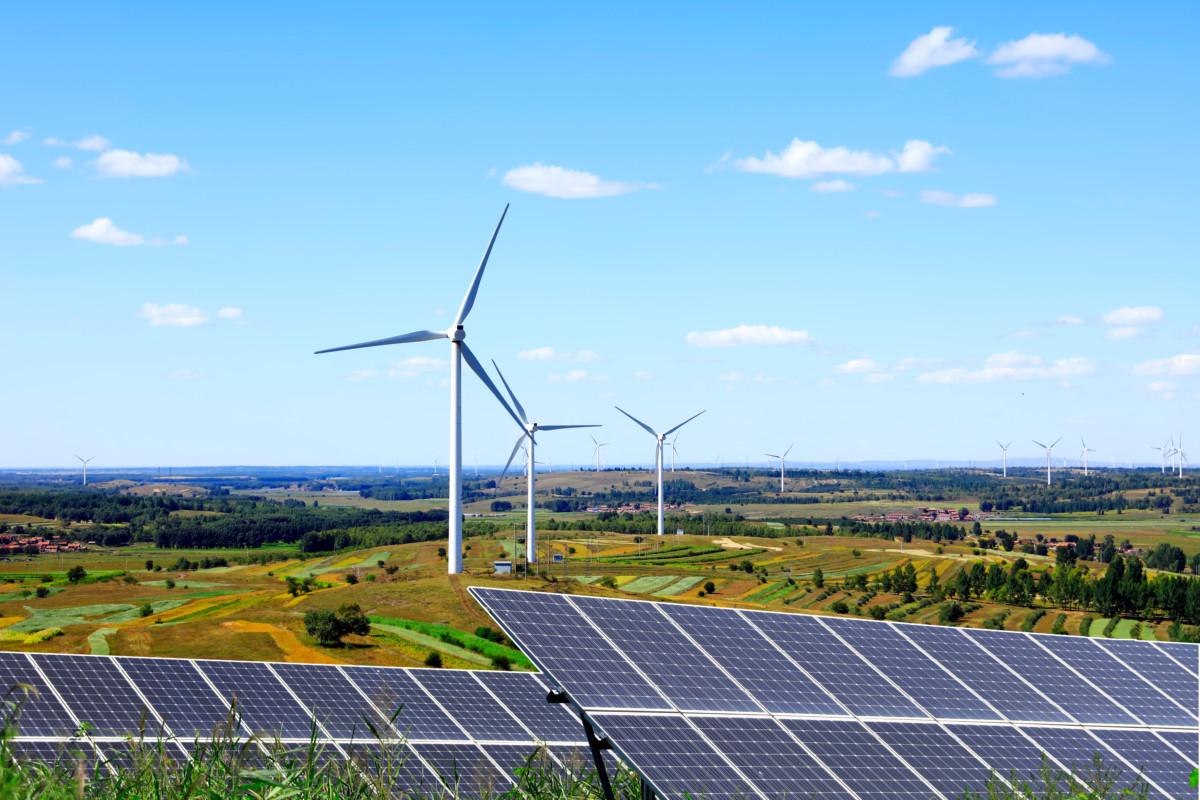
The development of the concept of a ‘green’ zone or green space has already begun in Karabakh. It will include the use of renewable energy sources, energy efficiency, clean technologies, including the use of vehicles and so on. In this direction, discussions are underway with the International Renewable Energy Agency. Shahbazov noted that, according to preliminary estimates, these territories have a potential of more than 4,000 megawatts of solar energy, up to 500 megawatts of wind energy.
Eight potential territories with high solar energy potential have been selected in Kalbajar, Lachin, Gubadli, Zangilan, Jabrayil, Fuzuli districts, while wind power will be developed in Kalbajar and Lachin districts. Moreover, taking into account that 25 percent of Azerbaijan’s local water resources are formed in Karabakh, the prospects of using the rivers Tartar, Bazarchay, Hakari, and their tributaries for electricity generation are being considered.
In a word, Azerbaijan picked up the global trend of transition to a ‘green’ economy on the fly. Despite the continuing dependence of state revenues on the oil factor, the country is happy to orient its future economic and energy policy towards the ‘green’ light.
Expert Gulu Nuriyev


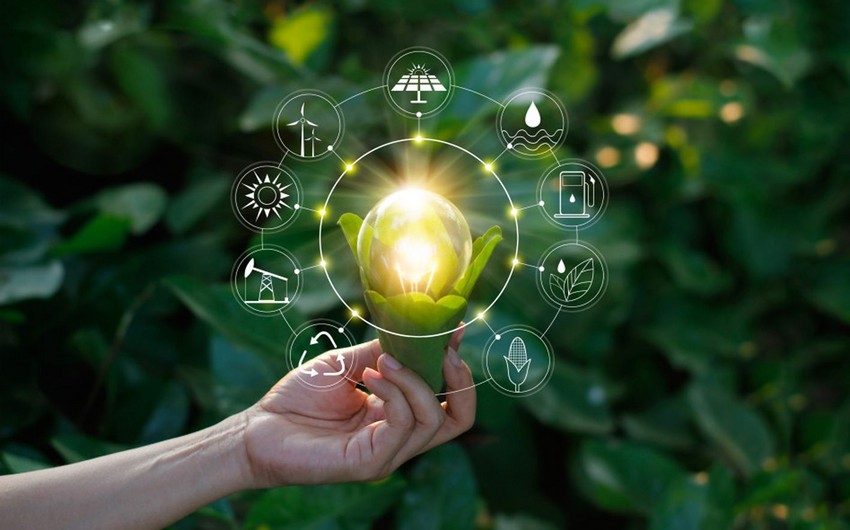 https://static.report.az/photo/969765ba-ce87-3fec-9c1e-0d69902f0054.jpg
https://static.report.az/photo/969765ba-ce87-3fec-9c1e-0d69902f0054.jpg

